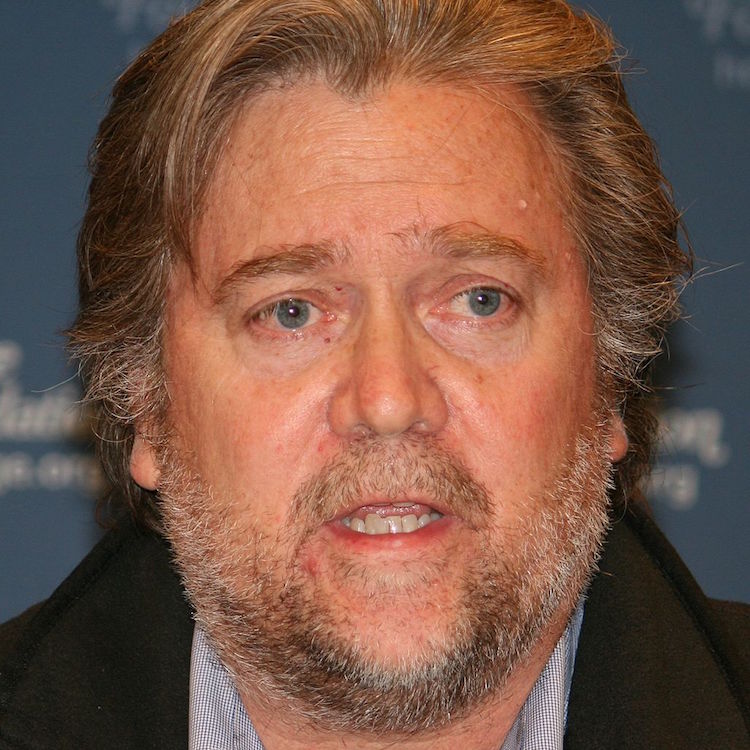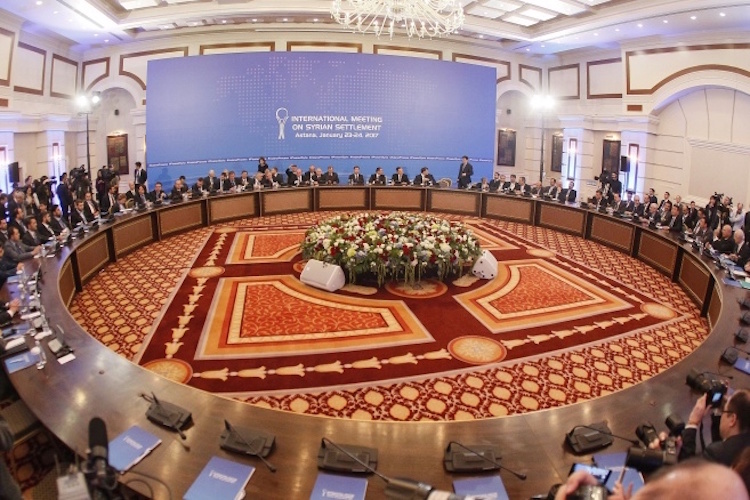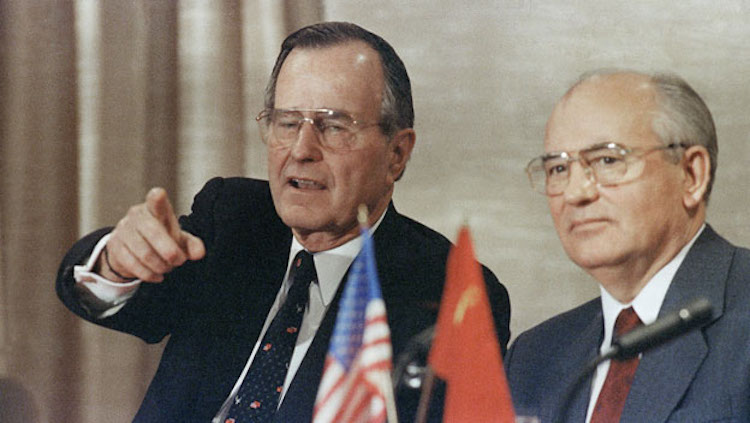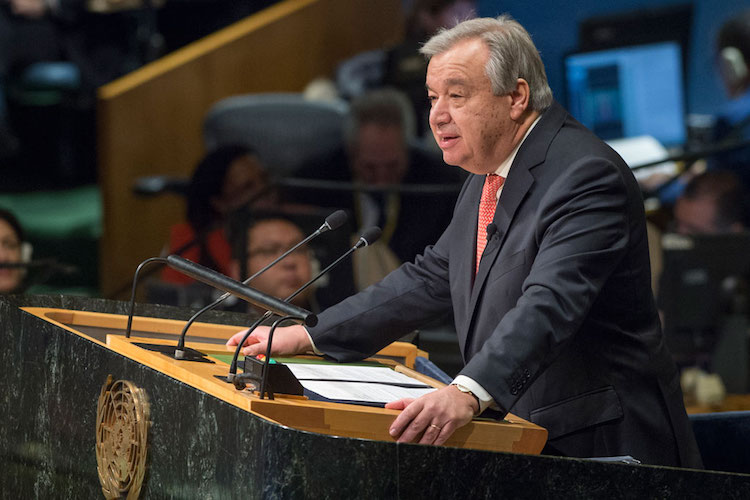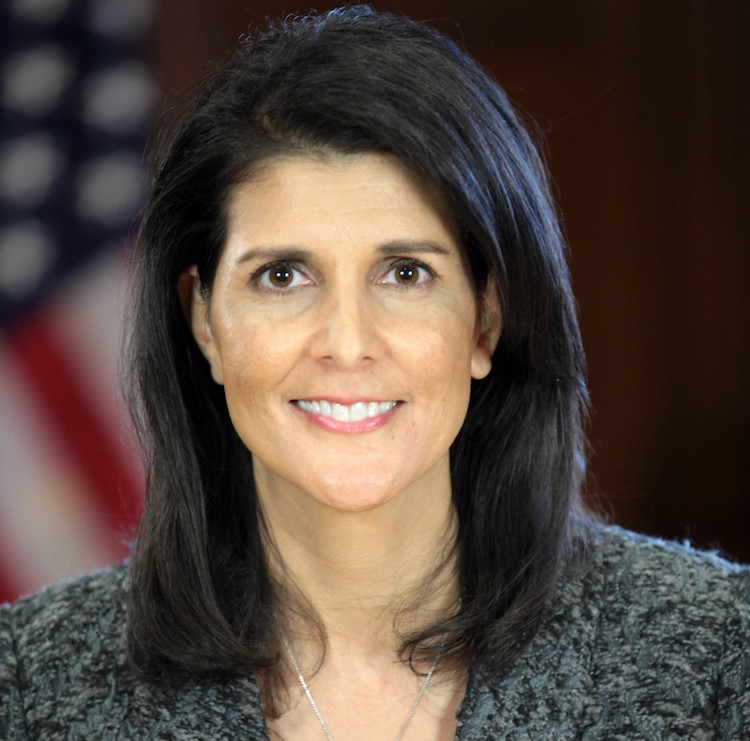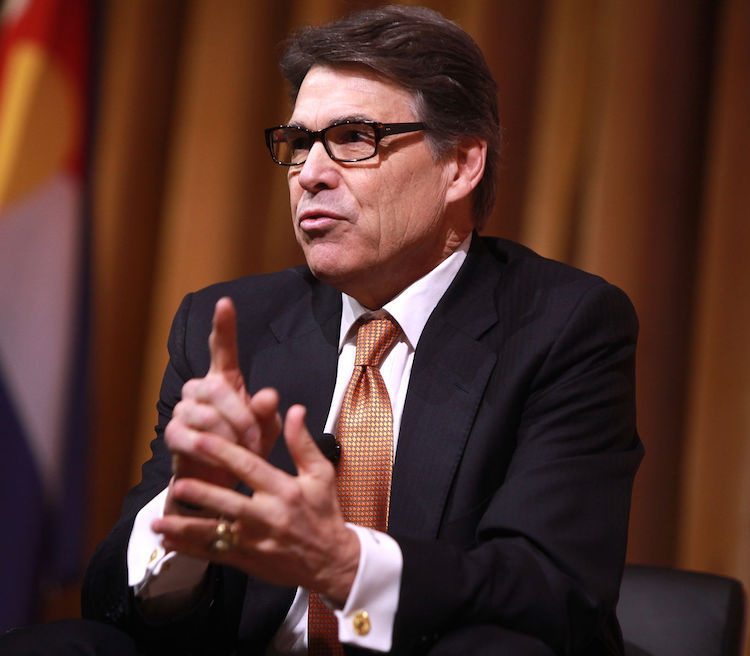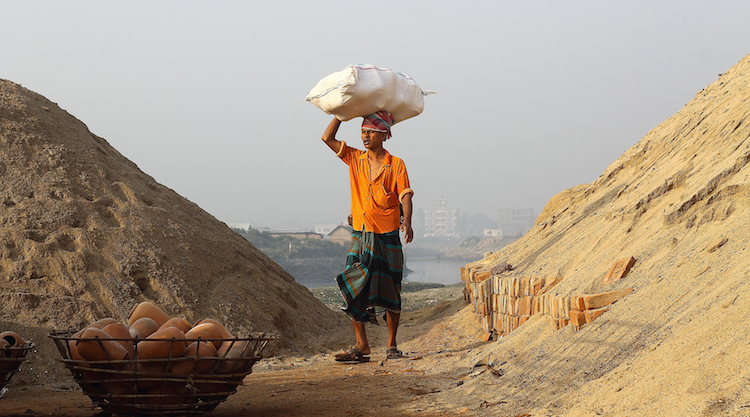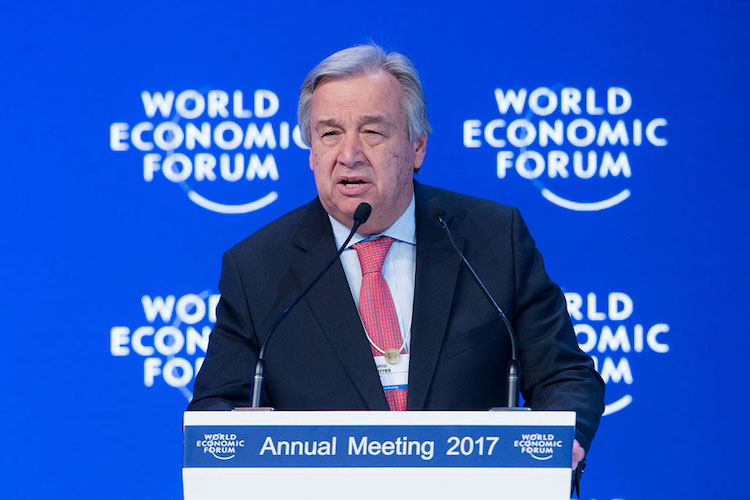By Jim Lobe* | Reproduced courtesy of LobeLog
WASHINGTON, DC (IDN | LobeLog) – The most frightening commentary I’ve read in the run-up to the inauguration—and there have been many—appeared in a column identifying the four people whose foreign policy ideas were likely to be most influential with the then-president-elect. It was written by The Washington Post’s Josh Rogin and entitled “Inside Trump’s Shadow National Security Council.”
Those four people, according to Rogin, are chief strategist Stephen Bannon, who “has been working on the long-term strategic vision that will shape the Trump administration’s overall foreign policy approach;” chief of staff Reince Priebus; Trump’s son-in-law, Jared Kushner; and his national security adviser, Gen. Michael Flynn (ret.).

